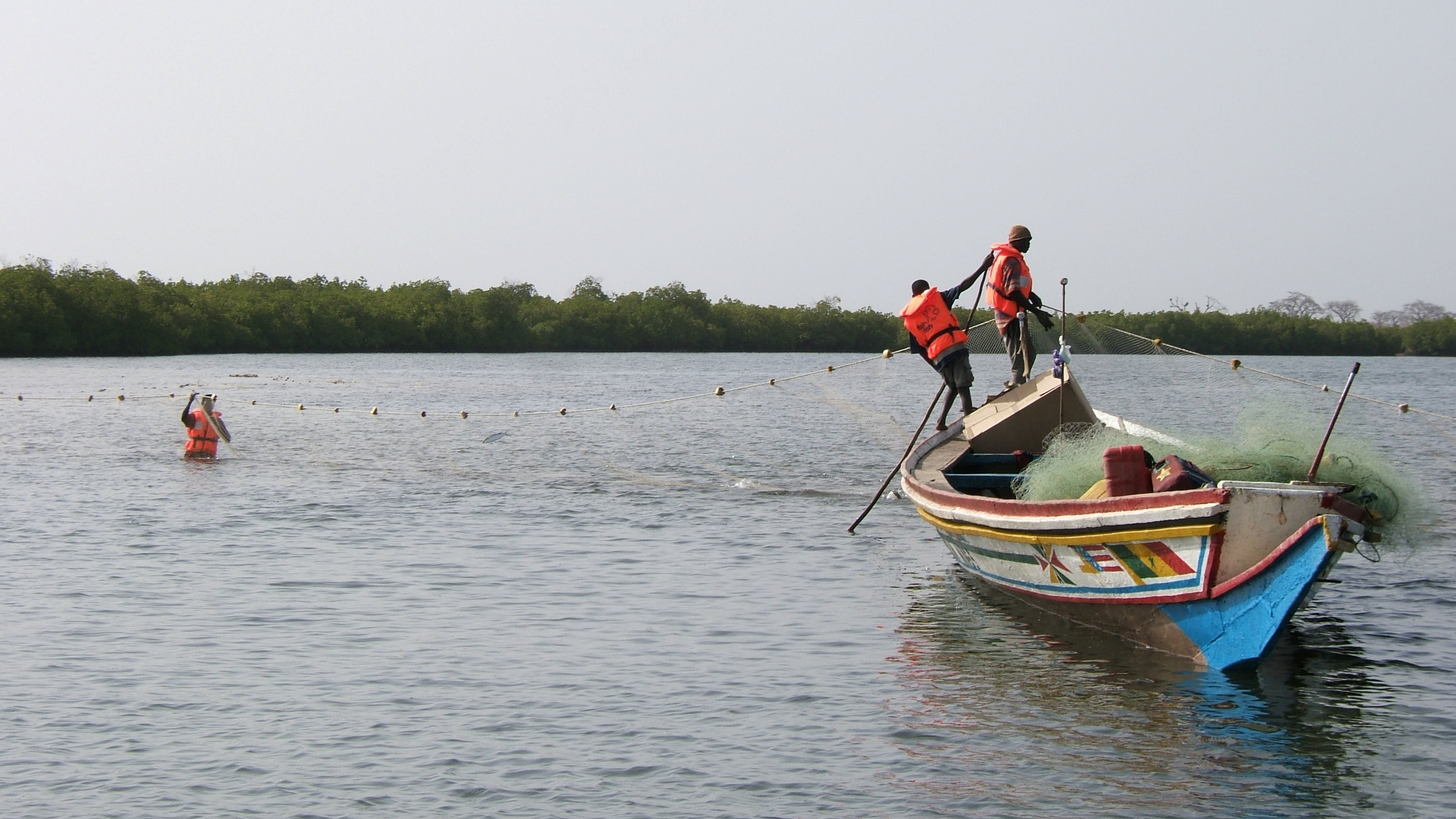
Your legacy for fair-fish
Are you considering supporting fair-fish's goals in your will? Here are a few thoughts.
What we do – and why
The fair-fish association has been advocating for fishes since 1997, especially for those fishes that are caught or farmed for our food. We do so because fishes are traditionally held in low esteem—at best, they are protected as biomass, but they are hardly perceived as living beings. Yet they experience joy and suffering in much the same way as cats, dogs, pigs or cattle.
We are committed to ensuring that fishes are caught with respect and kept in a species-appropriate manner. At the same time, we advocate that their habitat is protected and that the people who catch or farm fishes are paid fairly for their work.
What we have achieved so far
2003-2008: With the renewal of the «Swiss Animal Welfare Act», specific regulations for catching and keeping fish were enacted for the first time; we had been fighting for this for years.
2004-2009: Together with artisanal fishermen in Senegal, we showed that fair fishing is possible and certifiable. Despite top marks from test customers, the trade in Europe has unfortunately not yet joined in.
Since 2013: Together with researchers from the «Fish Ethology and Welfare Group», a fair-fish spin-off, fair-fish is building the freely accessible online database "«fair-fish database». Here, farmers, fishermen, industry organisations and specialist authorities learn how a particular fish species behaves in the wild and whether and how suffering in captivity can be reduced. There are already over 80 species described on a scientific basis; the database is constantly being added to.
2017-2021: Together with researchers from the «Fish Ethology and Welfare Group», we developed the scientific basis for fish welfare guidelines in aquaculture for the international «Friend of the Sea» (FOS) label and advised the «Aquaculture Stewardship Council» (ASC) label in its similar efforts.
Since 2021: Together with four partners, we are developing the scientific basis for FOS guidelines to reduce animal suffering in fisheries. In Switzerland, we run a practical online guide for considerate treatment of ornamental fishes, by far the most numerous animals in private households, and we offer lessons about fish and their living environment in primary schools.
Our history
We are fortunate to be able to tell you the whole story of fair-fish in an entertaining book written by our founder.
Our values
Animal welfare, environmental protection, and fair trade in fisheries and aquaculture are the three pillars of our work.
The difference our commitment is making
Until recently, fishes were the stepchildren of public attention, even in animal welfare circles. Thanks to fair-fish, this is changing: awareness is gradually growing that fishes are also sentient animals—and these are tens of thousands of very different, fascinating species, a world that is still waiting to be discovered!
Our vision for the future
We want to change people’s preceptions and behaviour towards fishes. To do so, we rely on science and communication.